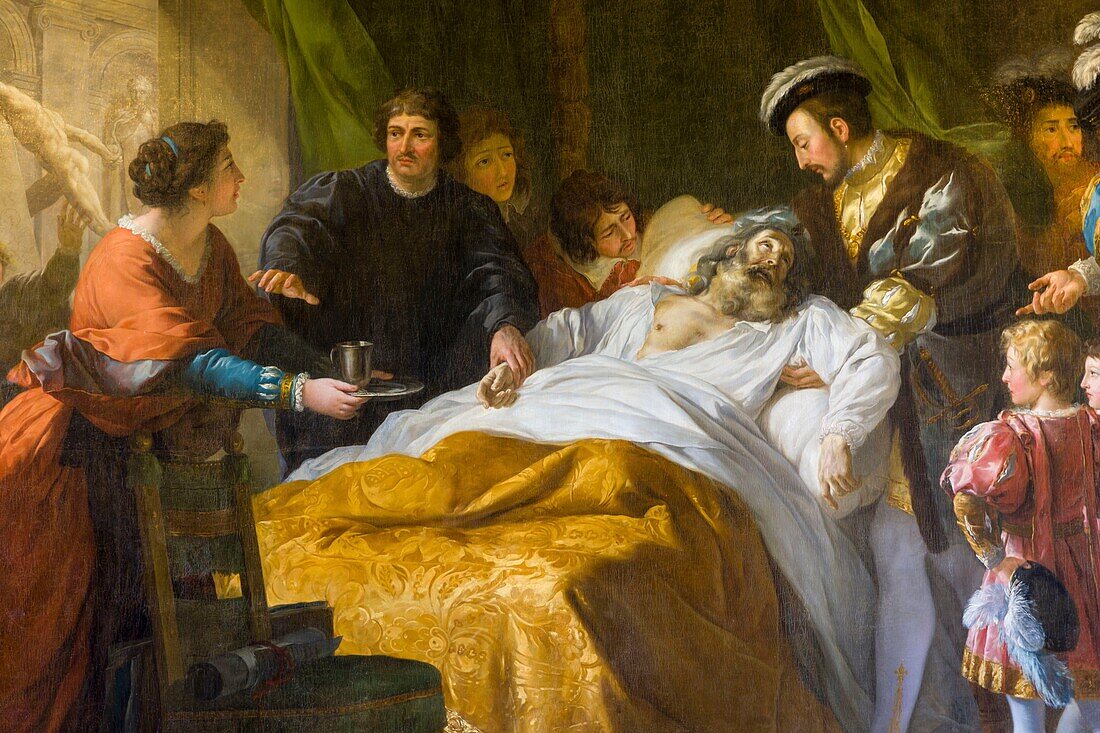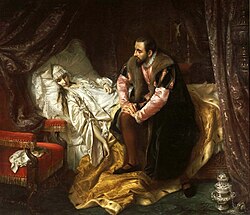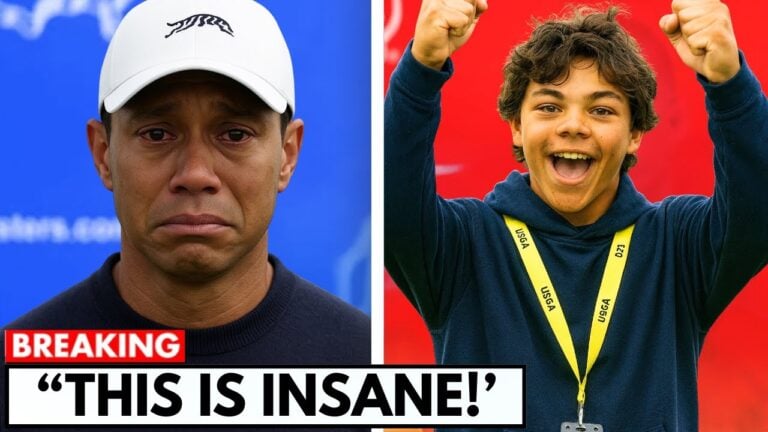In his final moments in 1519, Leonardo da Vinci—the unparalleled genius of the Renaissance—allegedly uttered the haunting words:
“I have offended God and mankind because my work did not reach the quality it should have.”

These words, immortalized by the 16th-century biographer Giorgio Vasari, have echoed through the centuries, offering a glimpse into the soul of a man whose brilliance knew no bounds yet who was haunted by a sense of incompletion.
Da Vinci’s life was a mosaic of genius and restlessness. Born in 1452 in Vinci, Italy, he transformed every discipline he touched—art, anatomy, architecture, engineering, and mathematics. His Mona Lisa redefined portraiture, The Last Supper captured divine and human emotion in a single frame, and his notebooks brimmed with sketches of inventions centuries ahead of their time. Yet behind this extraordinary output was a man perpetually dissatisfied, driven by curiosity but paralyzed by perfectionism.

Vasari’s account of Leonardo’s death paints a picture of humility and remorse. According to the chronicler, Leonardo’s confession was not of sin, but of disappointment in himself—a feeling that he had glimpsed the infinite, yet only scratched its surface. However, historians now debate whether Vasari’s version is literal truth or a literary device. He was not present at Leonardo’s death, and his biographies often carried moral undertones, using artists’ lives as parables of virtue and vice.

Still, the sentiment rings true. Leonardo’s volumes of unfinished work—paintings left incomplete, machines never built, treatises abandoned mid-sentence—speak of a mind forever leaping ahead of its own achievements. His self-criticism reflects a paradox shared by many great thinkers: the deeper one understands the world, the more aware one becomes of its vast unknowns.
Modern scholars and psychologists alike find Leonardo’s words profoundly human. They remind us that even the greatest minds wrestle with doubt, that genius is not the absence of failure but the refusal to stop questioning. Whether these were truly his final words or Vasari’s embellishment, they encapsulate the spirit of a man whose search for truth transcended the boundaries of his time.

Leonardo da Vinci’s legacy, then, is not just in the masterpieces he completed, but in the ones he never did—the endless sketches, ideas, and questions left behind. His final words, real or apocryphal, serve as a timeless message: that greatness lies not in perfection, but in the eternal pursuit of it.





